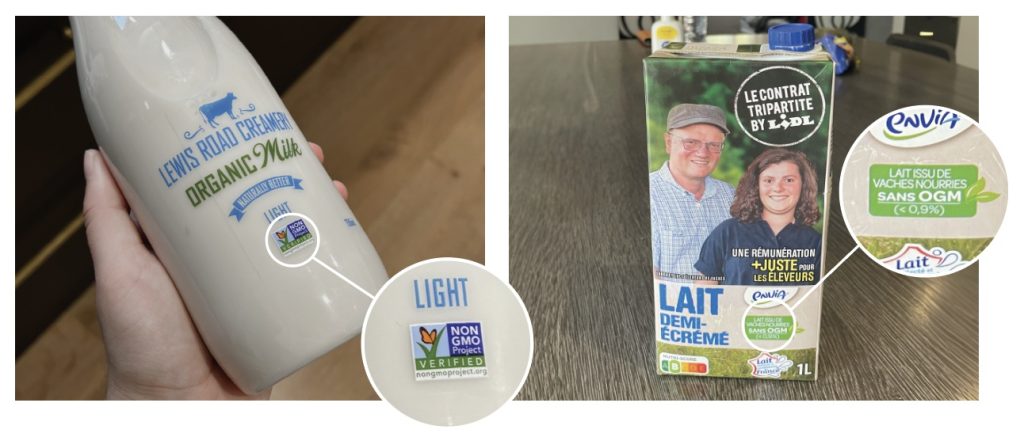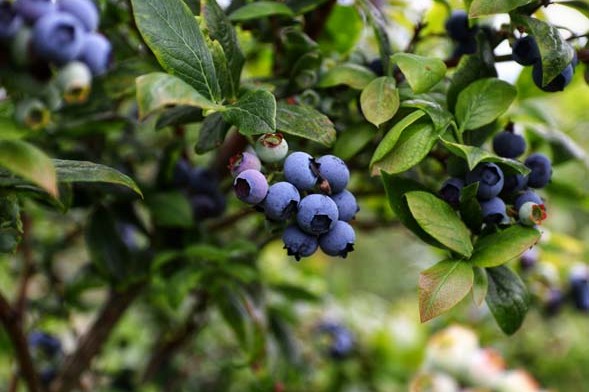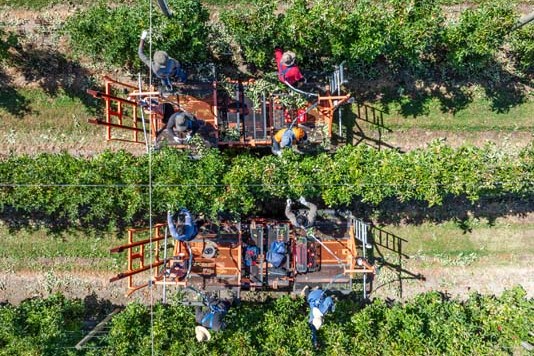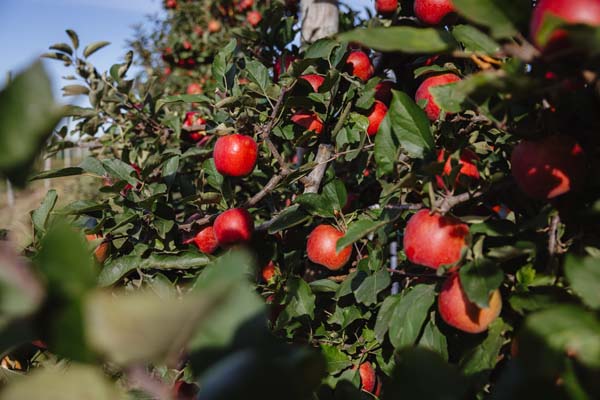Organics to disappear in a GM world?
The loosening of regulations on GM legislation could disable the opportunity for New Zealand farmers to meet an organic standard, which could ultimately impact our connection to consumers who are demanding clean, safe food. Words Anne Lee

Organics Aotearoa New Zealand chief executive Tiffany Tompkins is warning that relaxation of this country’s genetic engineering regulations may open the way for increased pressure through trade agreements to allow more genetically modified (GM) plants and products in the environment.
She points to the dispute between the United States and Mexico over GM corn. The Mexican government has put restrictions on the importation of GM corn as it seeks to protect its native varieties from contamination, but US government officials have said the Mexican concerns aren’t sufficient and have cited free trade agreement rules claiming the restrictions amount to non-tariff barriers.
Tiffany says the NZ primary sector would be naive to think this country couldn’t be outmuscled by the US when it comes to the development of GM crops and forages and corporations that will want a slice of the NZ market.
If NZ loses its strict regulations on commercial release of genetically engineered plants and products in the environment, you can guarantee giants in the field such as US corporations will look to free trade agreements and international trade law to push their way in here too, she says.
Loosening of regulations here could bring about the failure of the integrity of the system that protects organic standards in this country because outcrossing forage plants such as ryegrass could not be kept out of organic properties.
NZ exports have benefited from our strict regulations to protect organic and GE-free production, and the growing international consumer demand for clean, safe food, she says.
In countries where GM crops are grown, organic certifications have been forced to a level of tolerance for the invasion of genetically engineered plant species.
“We have no tolerance here because we’re effectively GM free as a country. A National Organic Standard is currently being written by MPI (Ministry for Primary Industries) and we would be totally opposed to any level of tolerance being written into that standard.”
‘The New Zealand primary sector would be naive to think this country couldn’t be outmuscled by the US when it comes to the development of GM crops and forages and corporations that will want a slice of the NZ market.’
– Tiffany Tompkins, Organics Aotearoa New Zealand chief executive
The Government’s aim to have GM legislation ready to be presented to Parliament as a proposed bill by the end of the year will not give enough time for widespread consultation, she says.
“We just don’t know enough about the detail of this. The bill is supposed to set up a system that is fit for purpose for the next few decades, but instead it seems to be fast-tracked behind closed doors in the rush to promote genetic engineering. I just don’t think they understand the advantage to NZ of our organic and GE-free production. There are huge consequences of allowing commercial release of genetically modified organisms (GMO) into the environment here.
“Over the years we’ve heard all sorts of reasons why genetic engineering has to be used – first it was feeding the world, then less pesticides and now climate change, but it’s actually driven more by the fact it’s a way to control patents and make money.
“If climate change is on your agenda, there are tons of ways we can farm better that mitigate climate change. There are already so many tools at our disposal that actually work. Why don’t we promote and use those instead of hyping hypothetical and historically underperforming GM solutions?

“And the reason we don’t, is because they don’t make anyone a lot of money. This is about companies making money off seed that’s patented. It’s about owning a massive part of the food supply.
“It’s the corporations who produce the GMO crops that gain the most and why alternative non-GMO solutions are sidelined or ignored.”
Originally from the US, Tiffany says she doesn’t believe GMOs have delivered positive outcomes for farmers, the environment and the community as a whole. She says there are also high levels of distrust in the government and the mainstream food system there.
“People here have to realise this is about allowing farmers to have the freedom to farm in the way they believe is in their best interests and the interests of the environment, and the release of genetically modified ryegrass will mean it’s impossible to farm without GMOs.
“Once that’s out (GM ryegrass), it’s out everywhere and organic farmers don’t want it on their farms. Organic farmers deserve to farm organically and as really good stewards of the land, deserve to be paid well for their products.
“It breaks my heart that we’re in a situation where that’s at risk.”
The EU’s Farm to Fork Strategy includes a target of at least 25% of the EU’s agricultural land to be farmed organically by 2030. Its regulations on genetic technologies are as strict as NZ’s, but it is also going through reviews of genetic technology legislation. With 27 member states, each with different views, gaining any sort of consensus on regulation will likely take some time.
Ironically for organic farmers, pressure on the increased organic area in the EU has come from sustainability goals requiring reductions in pesticide use because genetic technologies have been touted as offering solutions for how to drive that use down faster without a reduction in food production.
Tiffany says it’s important NZ food processors and exporters quickly get an accurate understanding of what’s at risk if this country can no longer say it’s GM free.
“Some of our biggest exporters use the non-GMO advantage in their marketing. They need to really understand what impact not being able to make that claim is going to have on their market share.
“And what does it do to NZ’s image as a safe source of food?”
She believes that allowing GMO in the food chain leads to commoditisation.
“We’re supposed to be pushing up into higher value categories. GM will do the opposite, it will put downward pressure on value,” she claims.





